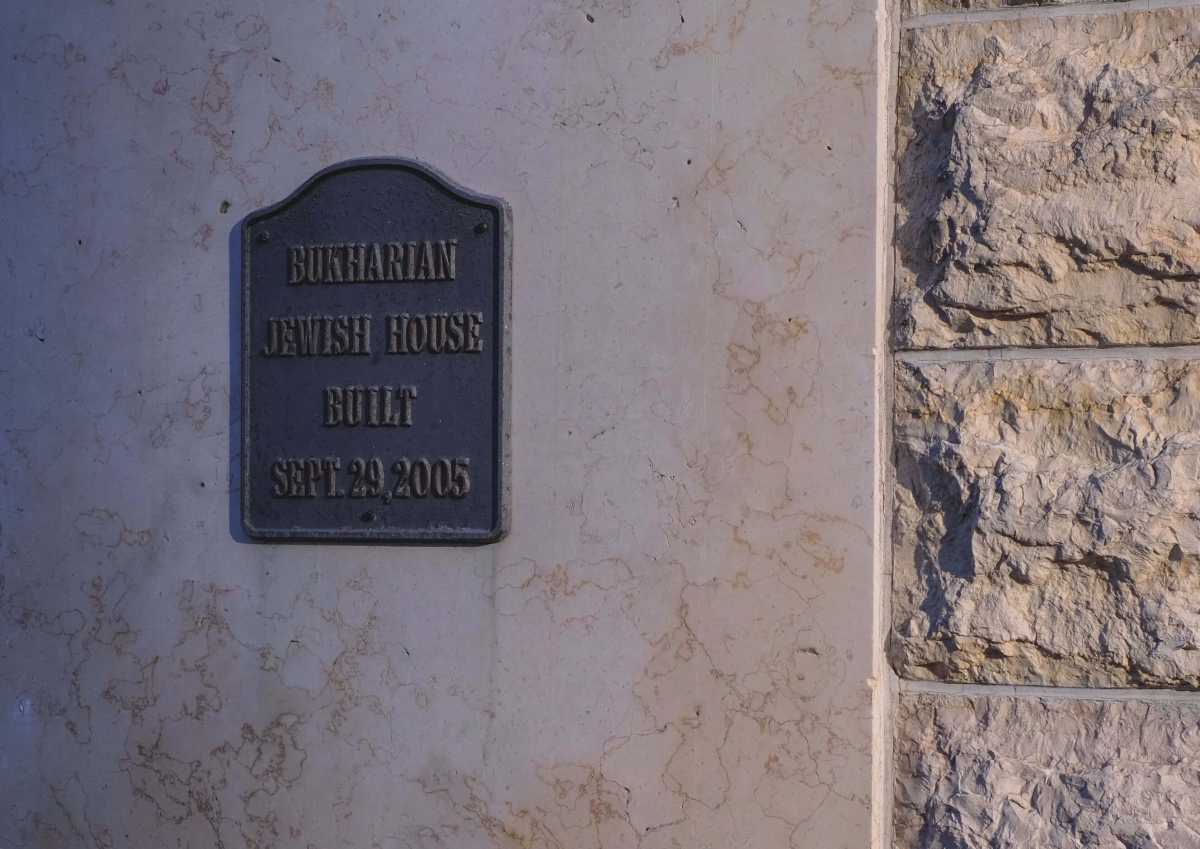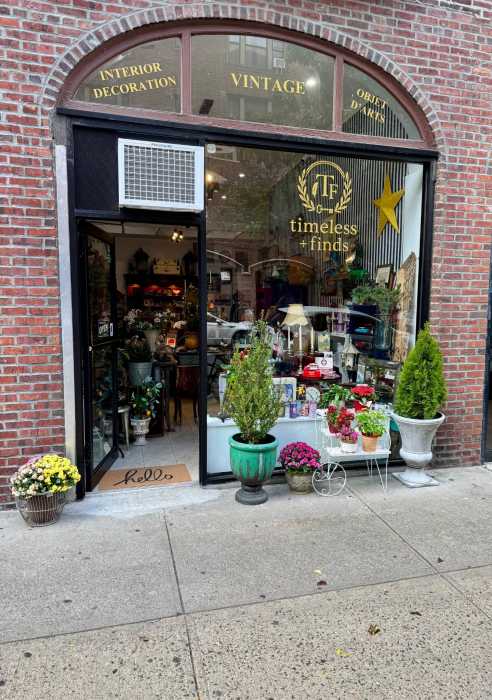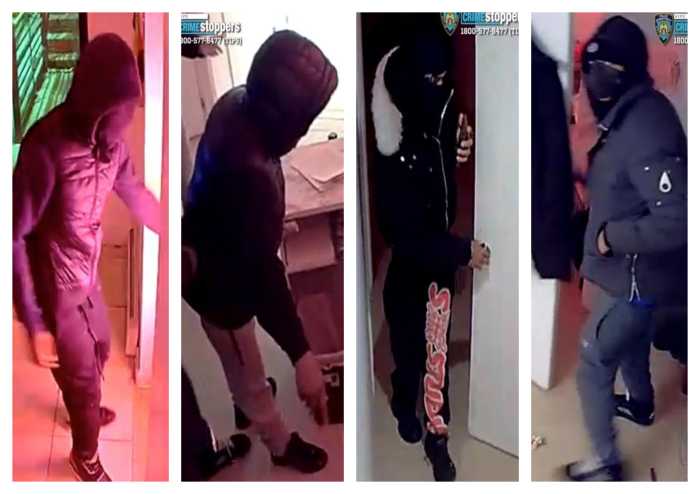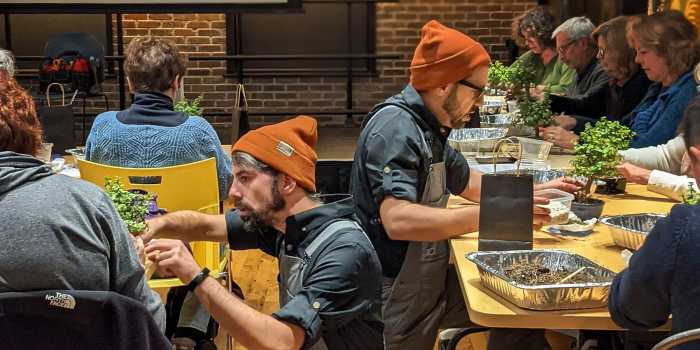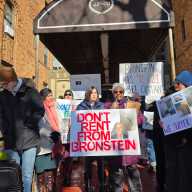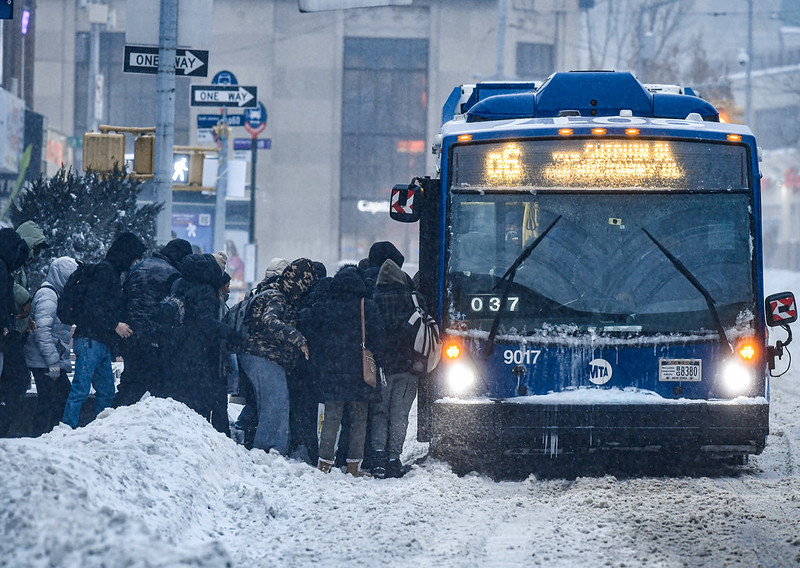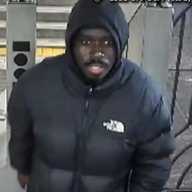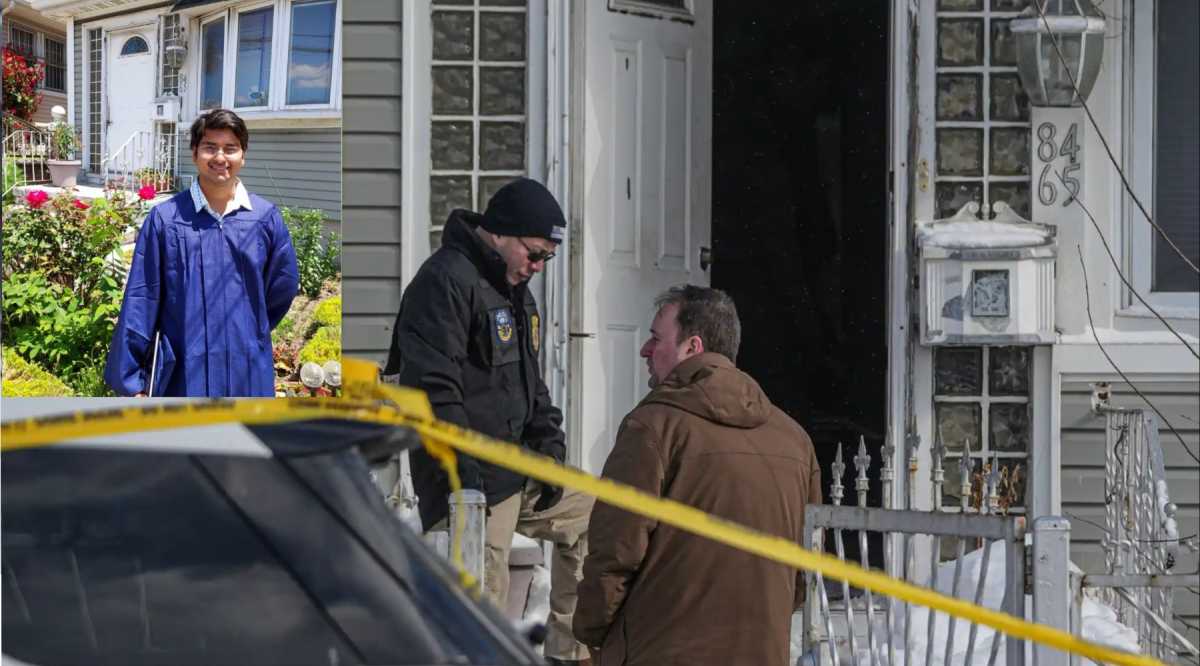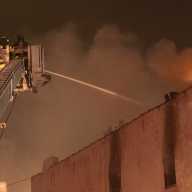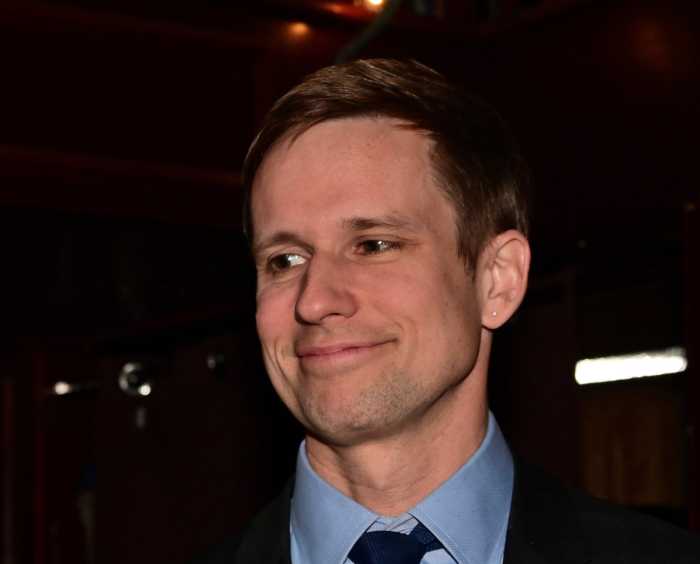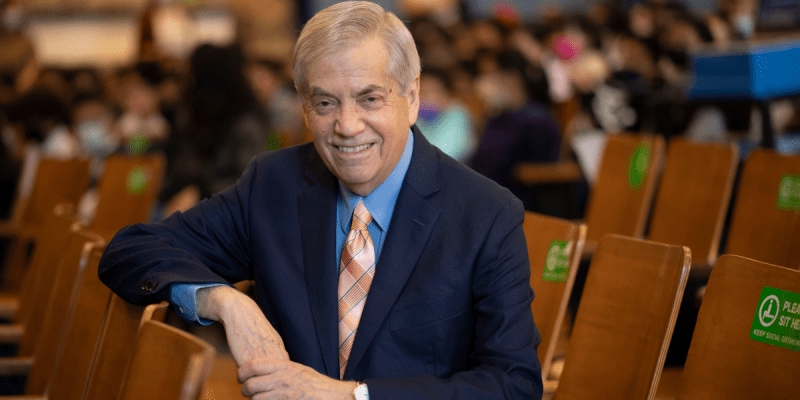As anti-Semitic hate crimes are on the rise, Mayor Bill de Blasio announced the launch of the Office of the Prevention of Hate Crimes to put a cap on the number of attack and ultimately uphold the city’s new status as the safest big city in America.
During a June 4 press conference, de Blasio and NYPD top brass discusses the initiative to prevent hate crimes through early education as well as hotbeds of violent incidents throughout the city.
Though the mayor was cautious to attribute the rise in anti-Semitic hate crimes to fiery rhetoric across the country, but admitted that nationwide discourse is an underlying cause.
“Over the last three years something very dangerous is happening in this country with the rise of white supremacist voices and white supremacist organizations. And what I am trying to help get across is that that threatens so many different people in this country,” de Blasio said. “And certainly in this city, and it’s a reality that unfortunately underlies a lot of what I think is happening as it – again, that movement works against the Jewish community, the Muslim community, the immigrant community, the LGBT community. I mean it’s so negative and broad based; that I think it is part of why we’re seeing an uptick in hate crimes all over the country.”
Chief of Detectives Dermot Shea said the highest number of incidents were in precincts outside of Queens, but the “World’s Borough” has had its share of conflict in recent months.
“We definitely see some precincts spiking and taking a disproportionate share of those crimes [such as the 71st Precinct and 94th Precinct] in Brooklyn. We also see it on the Upper East Side in the 19th Precinct,” Shea said. “So, there are hotspots, if you will, where we see a disproportionate share but that’s not to say that it’s confined solely to that. We see small instances spread throughout the city.”
In November, a 16-year-old yeshiva student was attacked outside of a kosher deli in Forest Hills on 108th Street after school had let out.
Police attributed the attack as a case of mistaken identity, in which the attackers mistook the Bukharian teen, David Paltielov, 16, for a student at Forest Hills High School.
Paltielov was sent to the hospital where he was temporarily in a coma, but made a full recovery.
Cops from the 112th Precinct were hesitant to charge the two males arrested with a hate crime, despite the claims by many in the community that the group had belted anti-Semitic insults during the beat-down. Neighborhood Coordination Officers from the precinct described the attack as a “beef” between some of Russian Jewish kids and the Hispanic and black kids at FHHS.
In February, swastikas and other anti-Semitic markings were scrawled on the playground of P.S. 139 in Rego Park.
NYPD reported that as of May, anti-Semitic hate crimes had gone up by 60 percent over the same time the year before with 110 incidents in 2018 over 58 in 2018.
“It’s creating a unity of purpose that I don’t think we’ve ever seen on this level before in the history of New York City. And that is made vivid today by the community leaders who are joining us shoulder-to-shoulder with the NYPD to fight all crime and particularly to fight hate crimes,” O’Neill said. “This is how we defeat hate crimes and this is how we defeat hatred. And Devorah, particularly to you, the efforts with the Children’s Museum to go to the root cause, teaching all New Yorkers, and starting with our children, to love each other, to understand each other.”
Hate crimes became a topic of discussion at a recent candidates forum for Queens District Attorney at Sunnyside Community Services on Monday night.
In 2016, an imam and his assistant were gunned down in Ozone Park, with an arrest and later conviction in 2018.
But the man was not sentenced with a hate crime when prosecutors came up empty-handed in their search for an explicit motive.
Judge Gregory Lasak, now a candidate for Queens DA in the upcoming June 25 primary, presided over the case and said although there was not evidence of a hate crime, the defendant would spend his life in prison.
Lasak had convicted the man of first-degree murder.
Jose Nieves and Mina Malik both argued that circumstantial evidence should have been taken into account when delivering justice to the gunman who apparently had no other reason to kill two Muslims.

